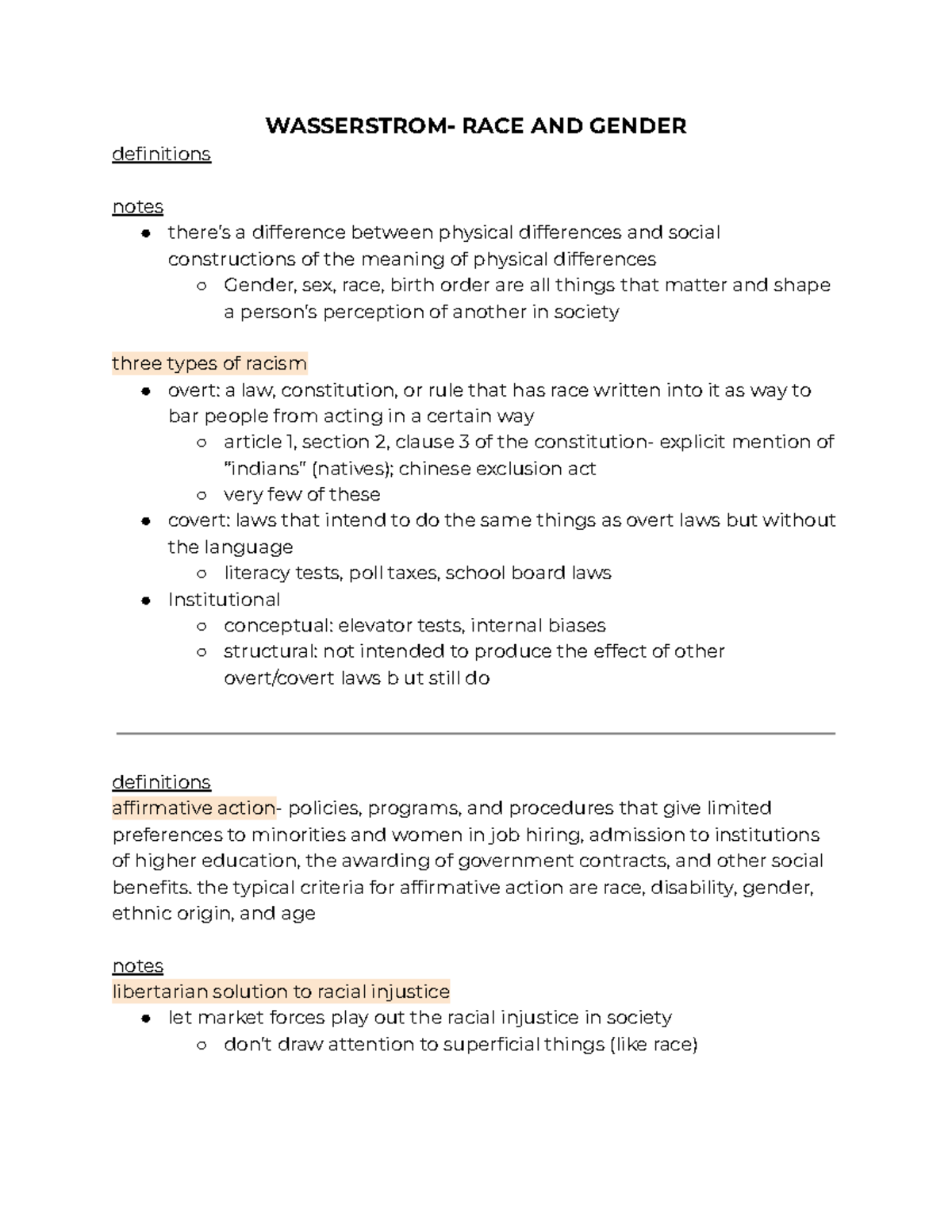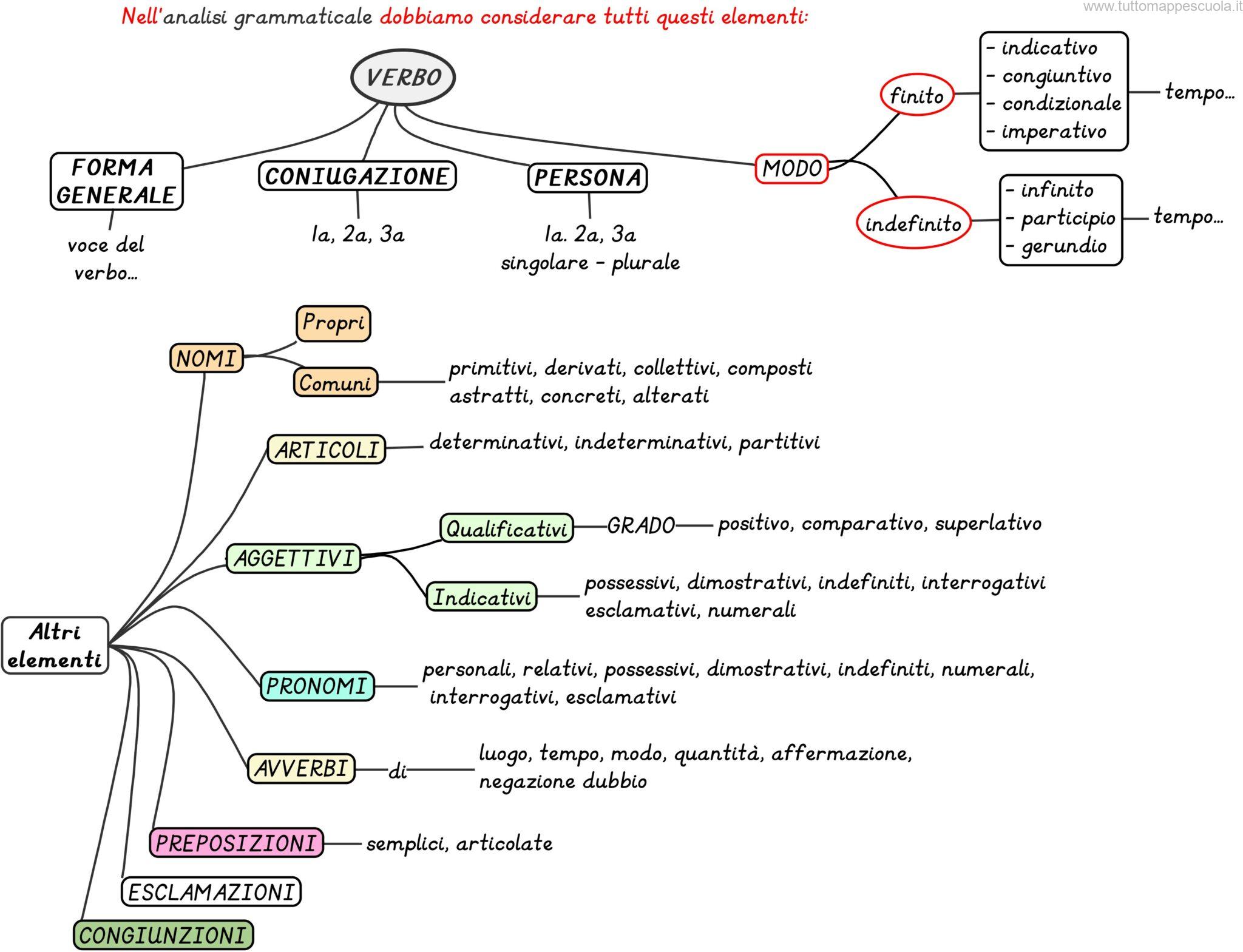How Gender, Race, And Past Experiences Shape Trust In Evanston's Tap Water

Table of Contents
The Role of Gender in Shaping Perceptions of Tap Water Safety
Societal expectations often dictate how men and women perceive and respond to risk, including environmental risks like water contamination. This translates directly into differing levels of trust in Evanston's tap water.
Gendered Risk Perception
- Studies consistently show women tend to express greater concern about environmental health risks than men. This heightened awareness may stem from societal roles that often place women as primary caregivers, leading them to be more protective of their families' health.
- Consequently, women might be more likely to distrust the safety of tap water if they perceive even a minor risk, potentially leading to increased reliance on bottled water – a costly and environmentally unsustainable alternative. Men, conversely, may be less likely to express concerns, even if facing the same level of risk.
Information Seeking Behaviors
- Women frequently engage in more active information seeking when it comes to family health and safety. This could manifest in researching water quality reports, contacting city officials, or engaging with community discussions about water safety.
- However, the reliability of their information sources is crucial. Misinformation online or biased reporting can erode trust even further. Conversely, men might rely more on readily available information or simply accept assurances from authorities, potentially leaving them vulnerable to misinformation. This disparity in information seeking directly impacts their trust in Evanston’s tap water.
Racial Disparities and Historical Context: Understanding Mistrust in Evanston's Tap Water
Unfortunately, trust in municipal water systems is not evenly distributed across all communities. In Evanston, historical context plays a significant role in shaping the levels of trust, particularly within minority communities.
Historical Context of Environmental Injustice
- Evanston, like many American cities, has a history of environmental injustices impacting marginalized communities. Past instances of discriminatory zoning practices or the location of polluting industries near minority neighborhoods can leave a lasting legacy of distrust.
- This historical context creates a deep-seated skepticism towards official assurances of water safety, regardless of the current quality of the water. The burden of proof lies heavily on the city to demonstrate its commitment to environmental equity.
Access to Information and Communication Barriers
- Language barriers, limited access to technology, and cultural differences can significantly hinder minority communities' ability to access vital information about Evanston's water quality. Understanding complex water quality reports might be particularly challenging for those with limited English proficiency.
- Effective communication strategies, including multilingual resources, community outreach programs, and culturally sensitive messaging, are crucial for bridging these information gaps and fostering trust. Transparency and community engagement are vital in building this trust.
Past Experiences and Personal Encounters: The Impact of Individual Histories
Individual experiences play a pivotal role in shaping trust. Past negative encounters with water quality significantly impact future decisions.
Personal Experiences with Water Quality Issues
- Events such as boil water advisories, visible discoloration in tap water, or past reports of water contamination in the area can severely erode trust. These experiences often create lasting anxieties and shape future perceptions of water safety.
- Such incidents can lead to long-term avoidance of tap water, even after official assurances that the water is once again safe to drink.
Trust in Institutions
- Past experiences with government agencies and local authorities heavily influence trust in official reports about Evanston's tap water. A history of ineffective communication, lack of transparency, or past failures to address environmental concerns can significantly damage this trust.
- Building and maintaining trust requires a proactive approach that emphasizes transparency, community engagement, and accountability. Regular, accessible, and easy-to-understand water quality reports are essential.
Building Trust in Evanston's Tap Water: A Call to Action
In conclusion, trust in Evanston's tap water is not simply a matter of water quality; it's intricately woven with gender, race, and past experiences. Addressing these complex social factors is crucial for improving public health and well-being. Building confidence in Evanston's tap water requires a multi-pronged approach. We must prioritize:
- Increased transparency: Make water quality reports easily accessible and understandable for all residents, irrespective of language or technological literacy.
- Community engagement: Actively involve residents in discussions about water safety, address concerns, and foster open dialogue.
- Equitable access to information: Ensure that all communities have equal access to information about water quality and the resources necessary to interpret that information.
- Addressing historical injustices: Acknowledge and rectify past environmental injustices that have damaged trust within certain communities.
By actively working to overcome these barriers, Evanston can effectively improve trust in its water supply and ensure that all residents have access to safe, clean drinking water. Let's work together to build a more confident and healthier Evanston by prioritizing trust in Evanston's tap water.

Featured Posts
-
 Hyeseong Kims Mlb Debut Imminent Reports Indicate Dodgers Call Up
May 15, 2025
Hyeseong Kims Mlb Debut Imminent Reports Indicate Dodgers Call Up
May 15, 2025 -
 Gops Sweeping Legislation Unveiling The Details And Anticipated Fallout
May 15, 2025
Gops Sweeping Legislation Unveiling The Details And Anticipated Fallout
May 15, 2025 -
 Microplastiche Nell Acqua Un Analisi Comparativa Tra Diverse Fonti
May 15, 2025
Microplastiche Nell Acqua Un Analisi Comparativa Tra Diverse Fonti
May 15, 2025 -
 Dwyane Wade On Jimmy Butlers Miami Heat Decision
May 15, 2025
Dwyane Wade On Jimmy Butlers Miami Heat Decision
May 15, 2025 -
 Avertisment Apa De Robinet Romania Zone Cu Risc Crescut
May 15, 2025
Avertisment Apa De Robinet Romania Zone Cu Risc Crescut
May 15, 2025
